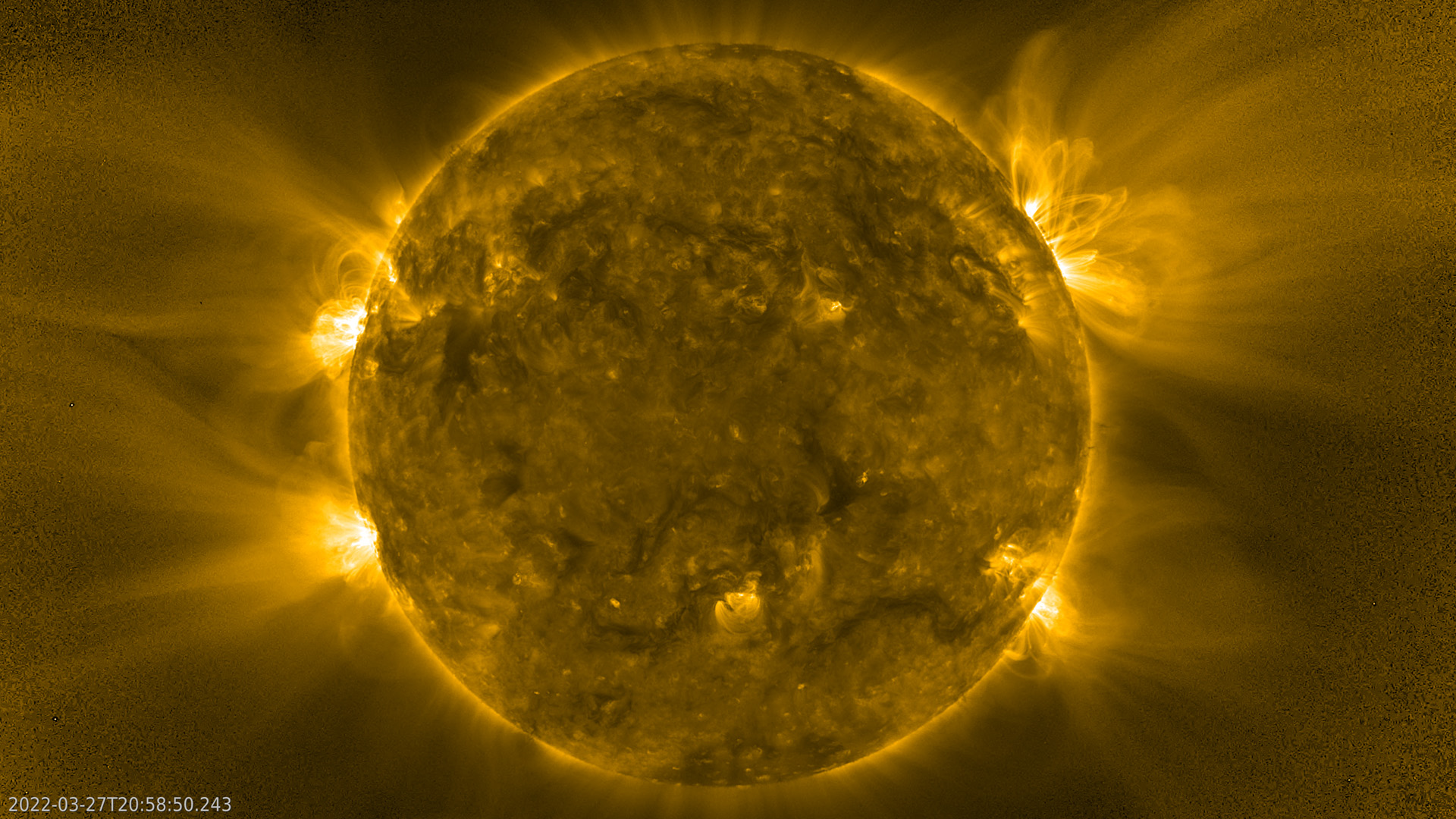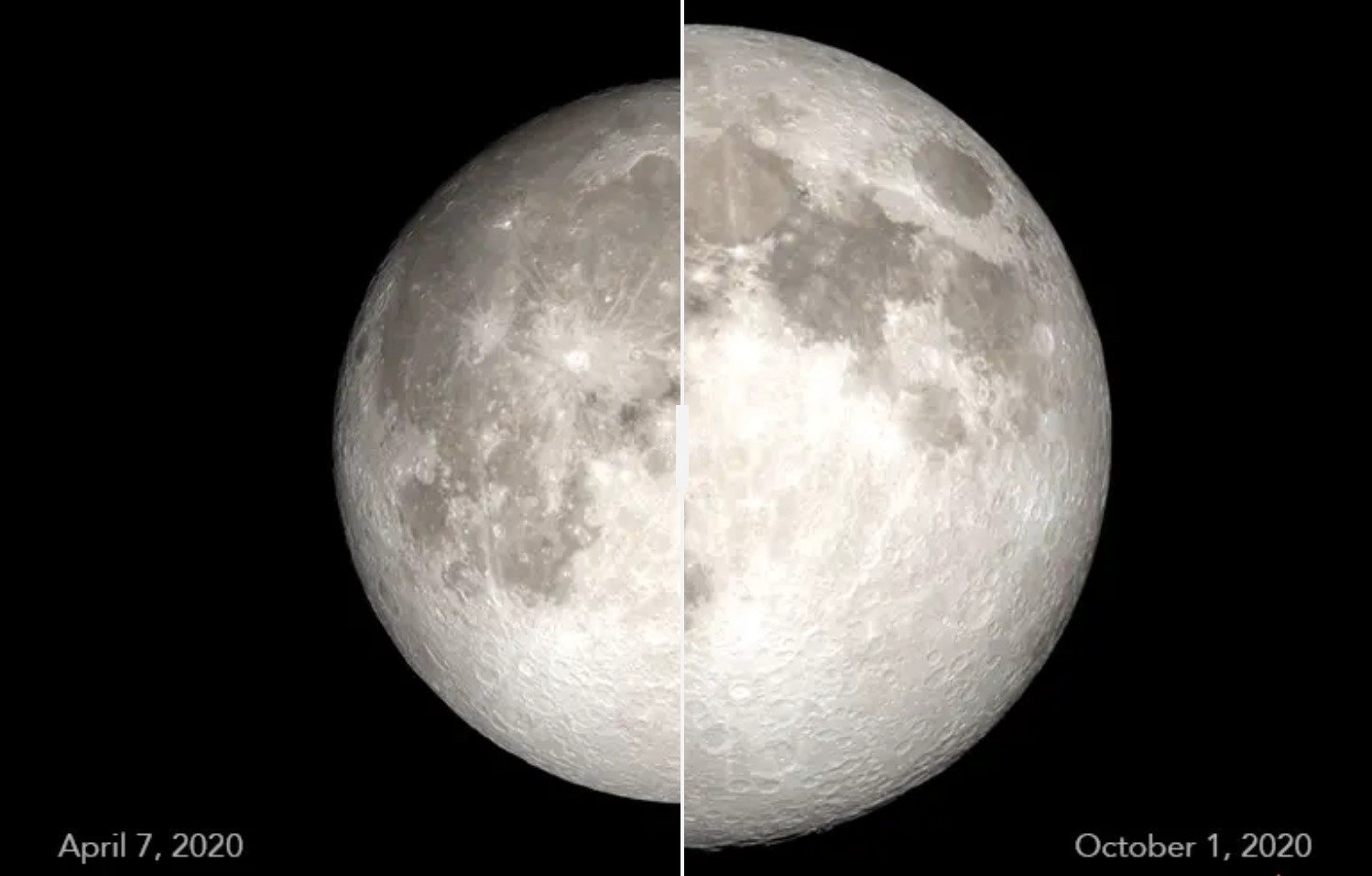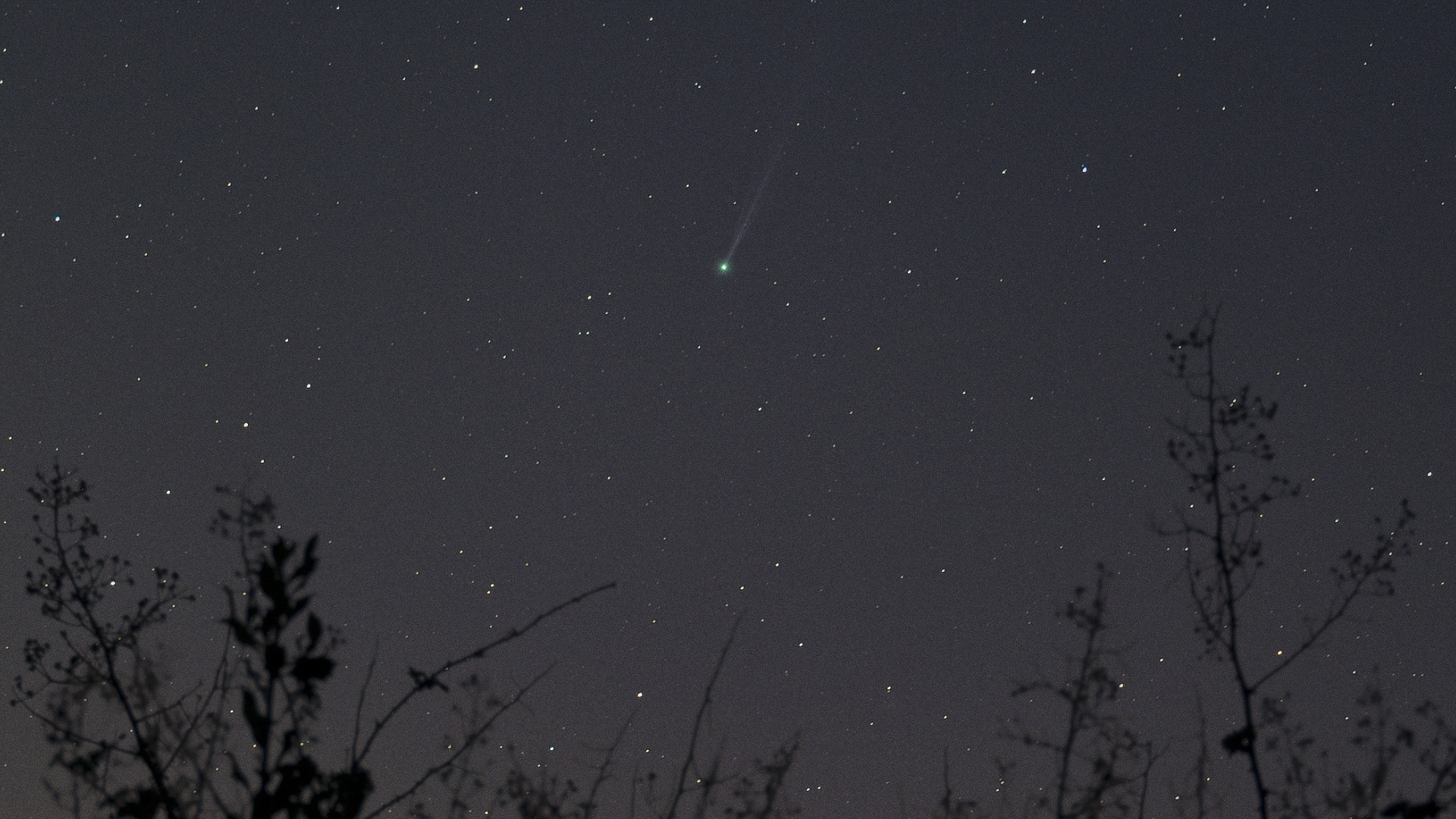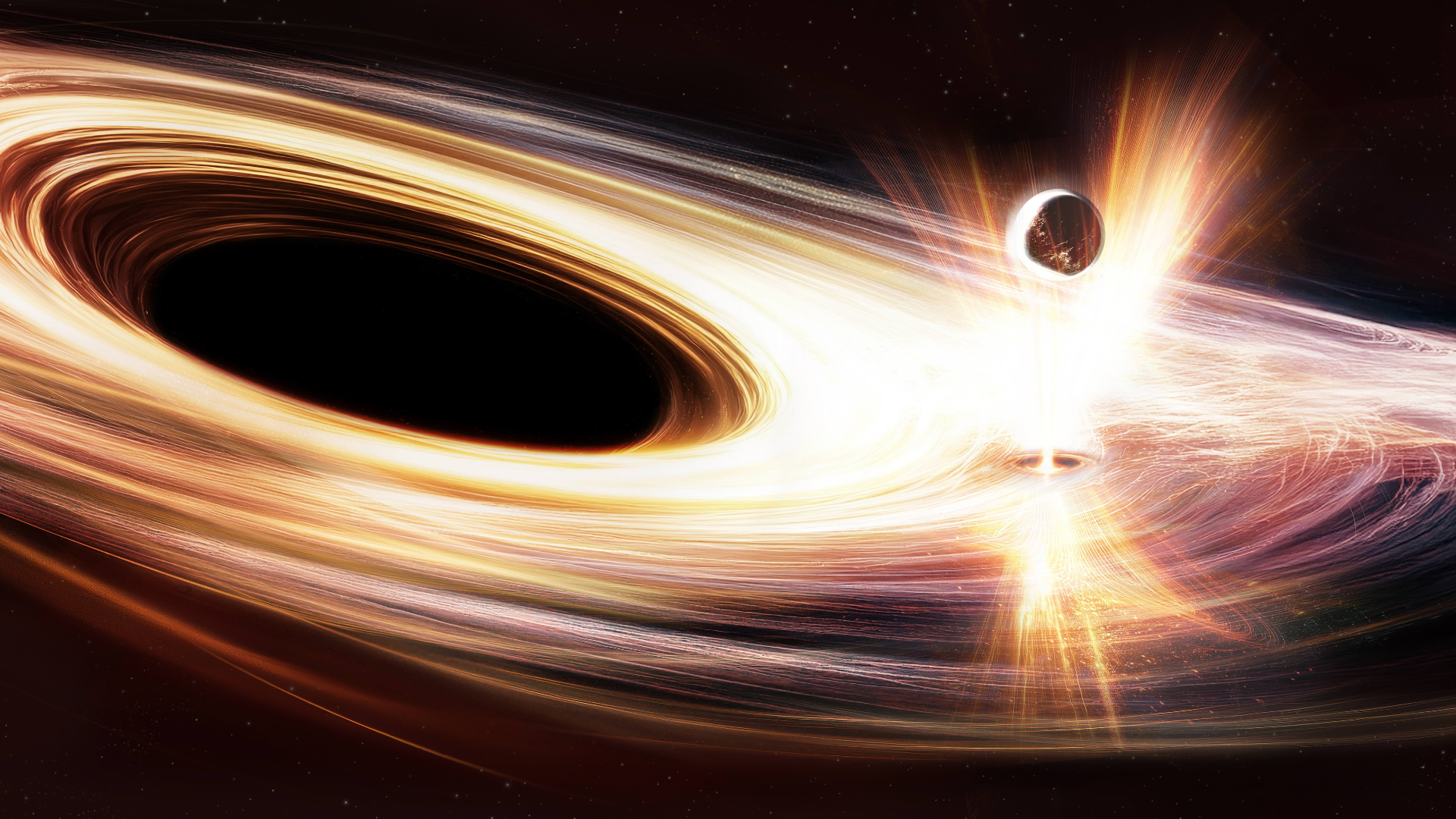Pluto has been given a new name to reflect its new status as a dwarf planet.
On Sept. 7, the former 9th planet was assigned the asteroid number 134340 by the Minor Planet Center (MPC), the official organization responsible for collecting data about asteroids and comets in our solar system.
The move reinforces the International Astronomical Union's (IAU) recent decision to strip Pluto of its planethood and places it in the same category as other small solar-system bodies with accurately known orbits.
Pluto's companion satellites, Charon, Nix and Hydra are considered part of the same system and will not be assigned separate asteroid numbers, said MPC director emeritus Brian Marsden. Instead, they will be called 134340 I, II and III, respectively.
There are currently 136,563 asteroid objects recognized by the MPC; 2,224 new objects were added last week, of which Pluto was the first.
Other notable objects to receive asteroid numbers included 2003 UB313, also known as "Xena," and the recently discovered Kuiper Belt objects 2003 EL61 and 2005 FY9. Their asteroid numbers are 136199, 136108 and 136472, respectively.
The MPC also issued a separate announcement stating that the assignment of permanent asteroid numbers to Pluto and other large objects located beyond the orbit of Neptune "does not preclude their having dual designations in possible separate catalogues of such bodies."
Get the Space.com Newsletter
Breaking space news, the latest updates on rocket launches, skywatching events and more!
Marsden explained that the cryptic wording refers to the future possibility of creating a separate astronomical catalogue specific to dwarf planets. There might even be more than one catalogue created, he said.
The recent IAU decision implies "that there would be two catalogues of dwarf planets-one for just the trans-Neptunian Pluto type and the other for objects like Ceres, which has also been deemed a dwarf planet," Marsden told SPACE.com. "That's why that statement was put there, to reassure people who think there would be other catalogues that this numbering of Pluto doesn't preclude that."
Pluto's asteroid number was first reported today on the website of Sky and Telescope magazine.
Full Coverage: The Debate and the IAU Vote
Most recent stories at top
- Interview with the IAU President on Pluto's Demotion
- Pluto: Down But Maybe Not Out
- New Planet Definition Leaves Scientific Loose Ends
- Pluto Demoted: No Longer a Planet in Highly Controversial Definition
- 3rd Proposal 'Shot Down in Flames'
- Details Emerge on Plan to Demote Pluto
- Pluto May Get Demoted After All
- One Astronomer Says 'It's All About the Atmosphere'
- Earth's Moon Could Become a Planet
- Public Laughs and Shrugs at 12-Planet Proposal
- Astronomers Sharply Divided on New Planet Definition
- Adding Planets Means New Textbooks, Toys
- Nine Planets Become 12 with Controversial New Definition
- Image Gallery: The 12 "Planets"
Blogs as the Controversy Unfolded
- 300 Astronomers Will Not Use New Planet Definition
- Sing Along: "God, I hate the IAU"...
- Pluto's Demotion is Well Deserved and Long Overdue
- Vote Looming, A Live Debate Over Planet Definition Underway
- Pluto Poised for Demotion: Details of Thursday's Vote
- Latest Planet Definition Proposal 'Shot Down in Flames'
- Those Wild and Crazy Astronomers
- Polite Demotion Planned for Planet Pluto
- Demote Pluto and Kill Xena
Defining Moments: The Saga's History
- Pluto's Fate to be Decided by 'Scientific and Simple' Planet Definition
- JUNE: Definition of 'Planet' Expected in September
- 2005: Definition Debate: Planets May Soon Get Adjectives
- 2003: Controversial Proposal Would Boost Solar System's Planet Tally to 12
- 2000: What is a Planet? Debate Forces New Definition
Join our Space Forums to keep talking space on the latest missions, night sky and more! And if you have a news tip, correction or comment, let us know at: community@space.com.
Ker Than is a science writer and children's book author who joined Space.com as a Staff Writer from 2005 to 2007. Ker covered astronomy and human spaceflight while at Space.com, including space shuttle launches, and has authored three science books for kids about earthquakes, stars and black holes. Ker's work has also appeared in National Geographic, Nature News, New Scientist and Sky & Telescope, among others. He earned a bachelor's degree in biology from UC Irvine and a master's degree in science journalism from New York University. Ker is currently the Director of Science Communications at Stanford University.









